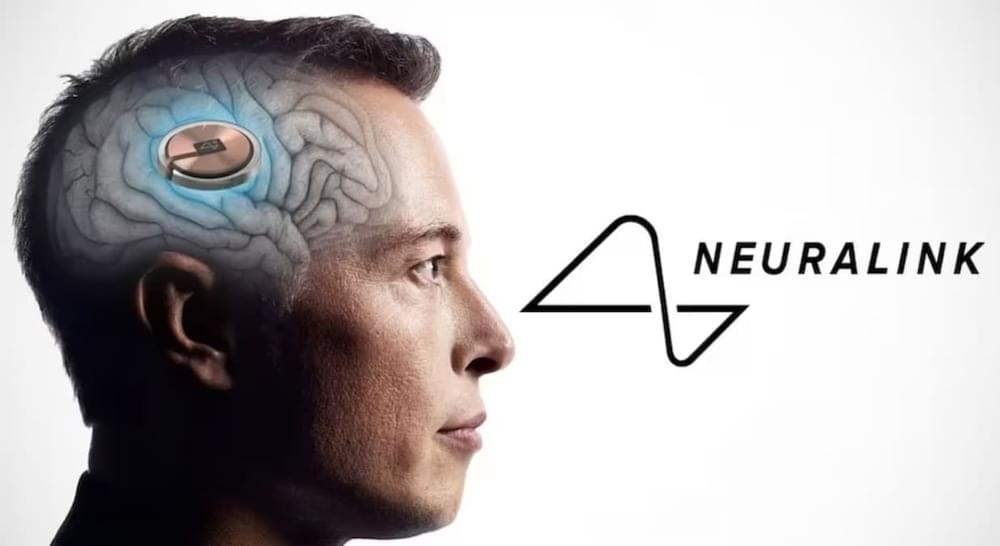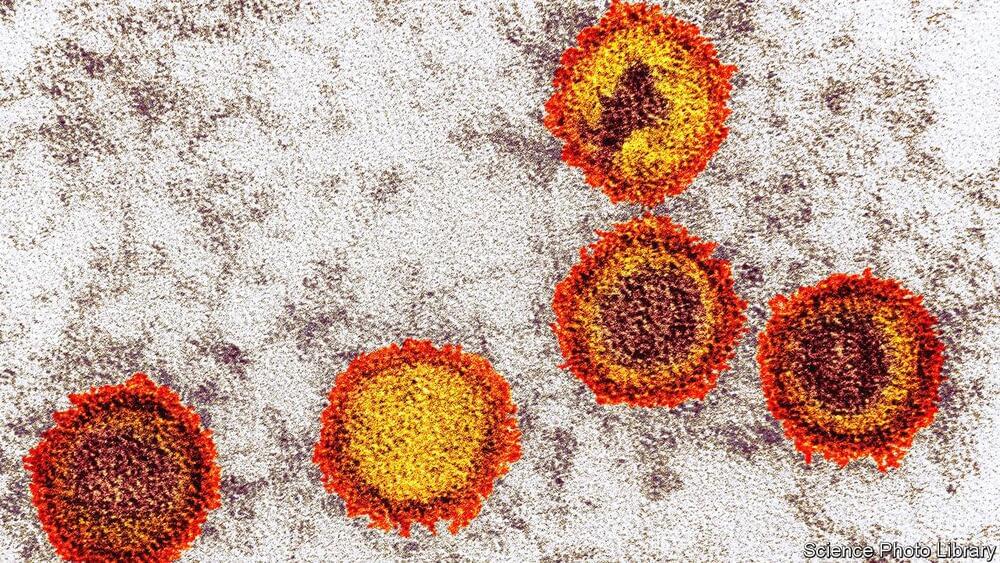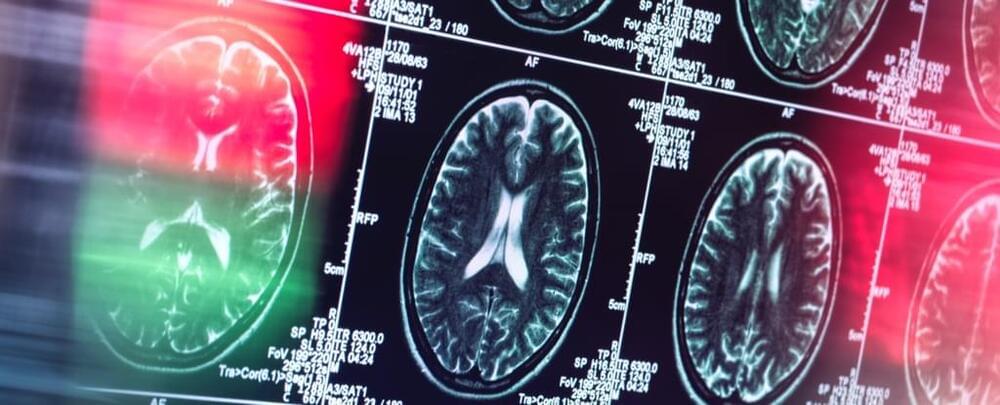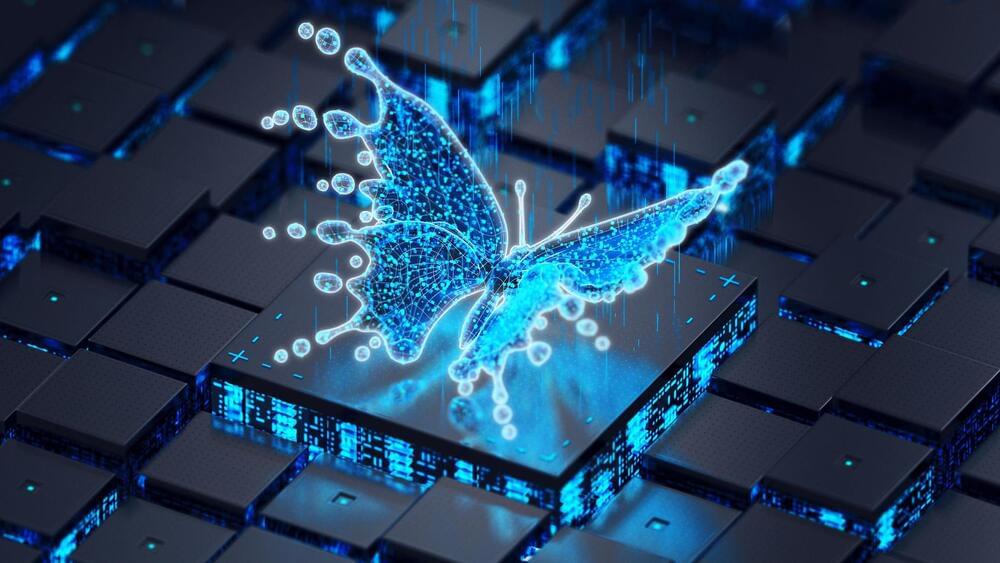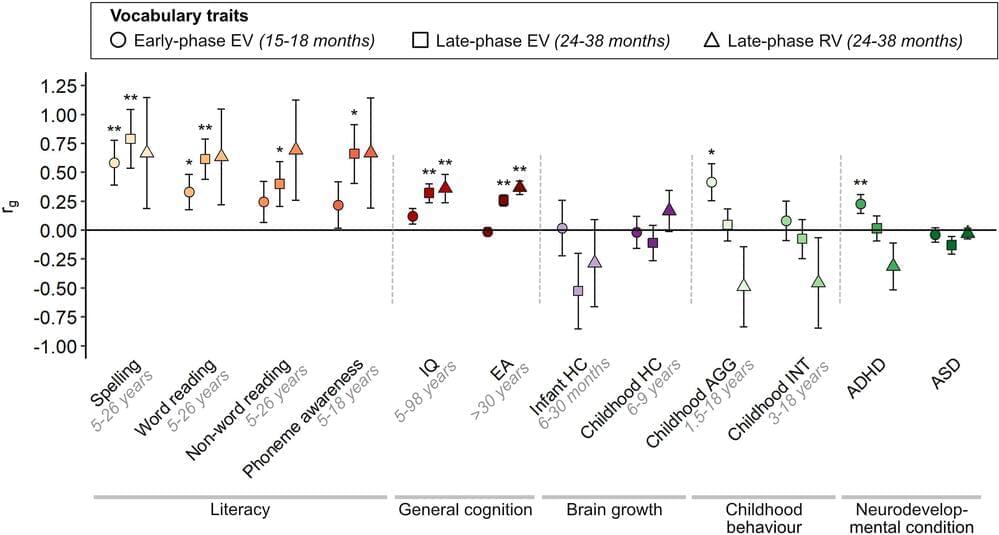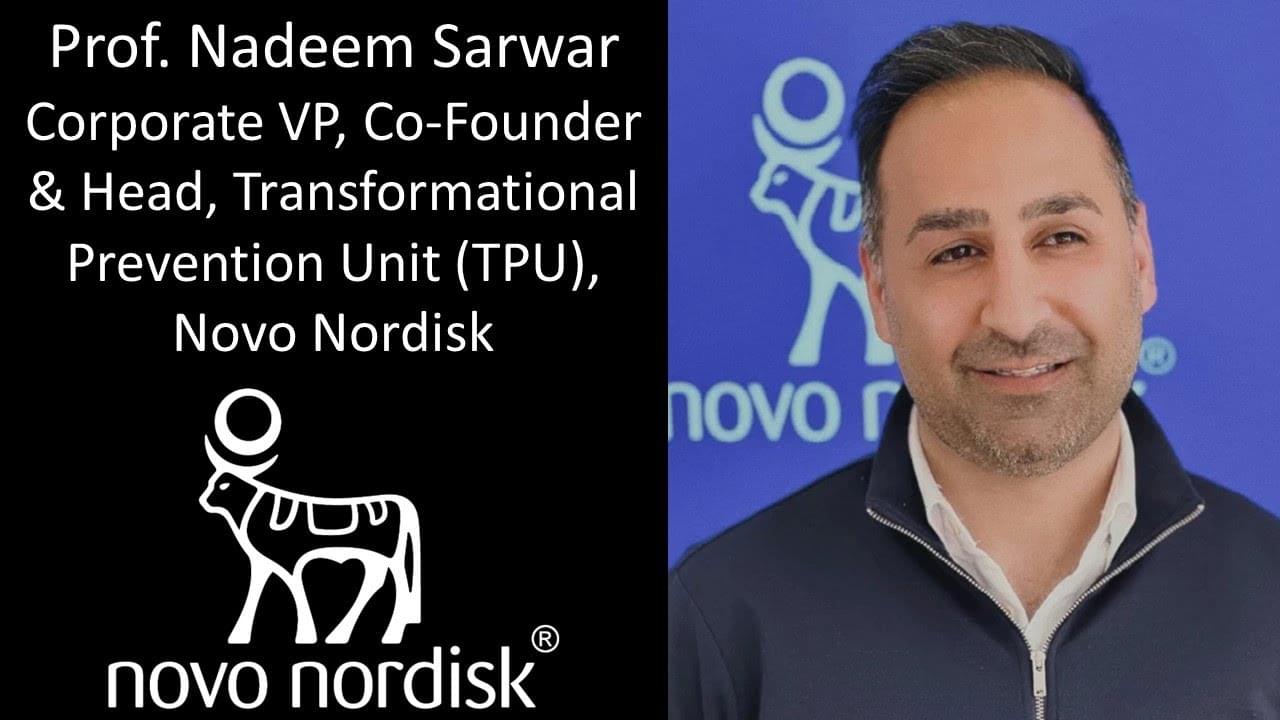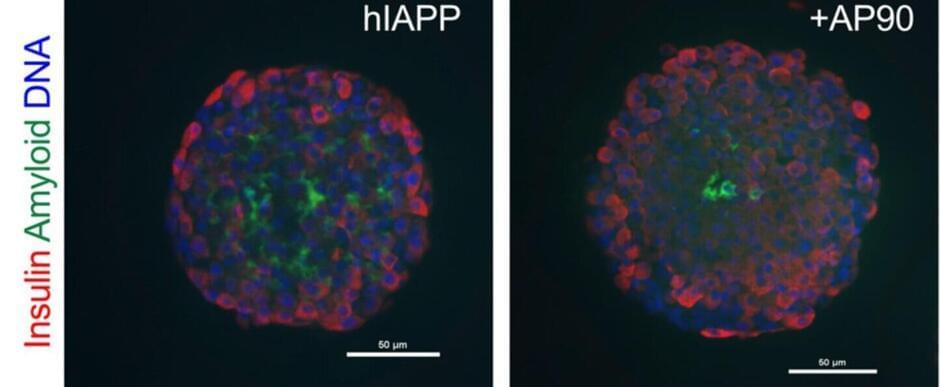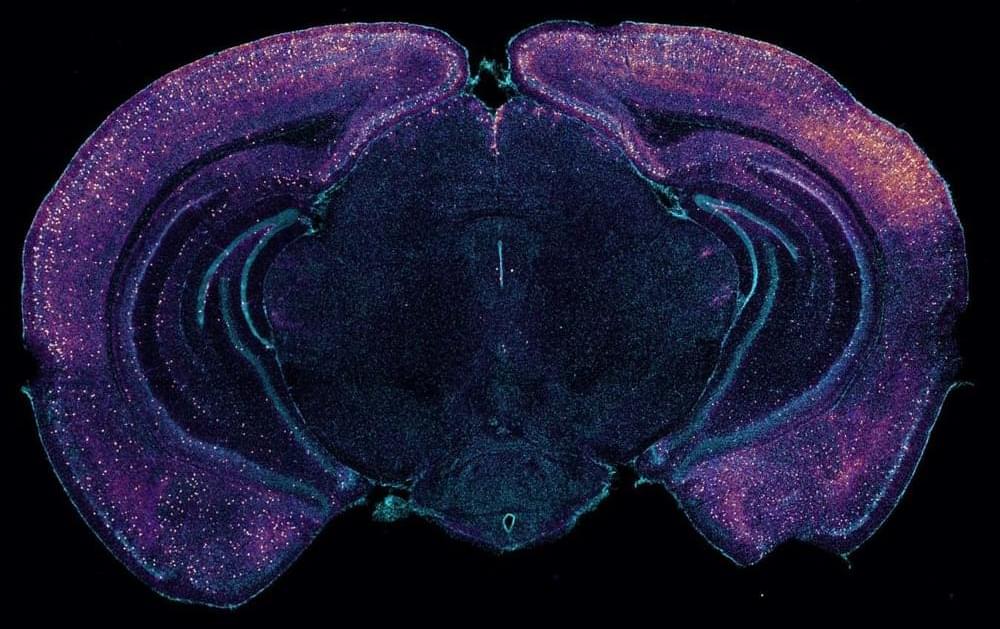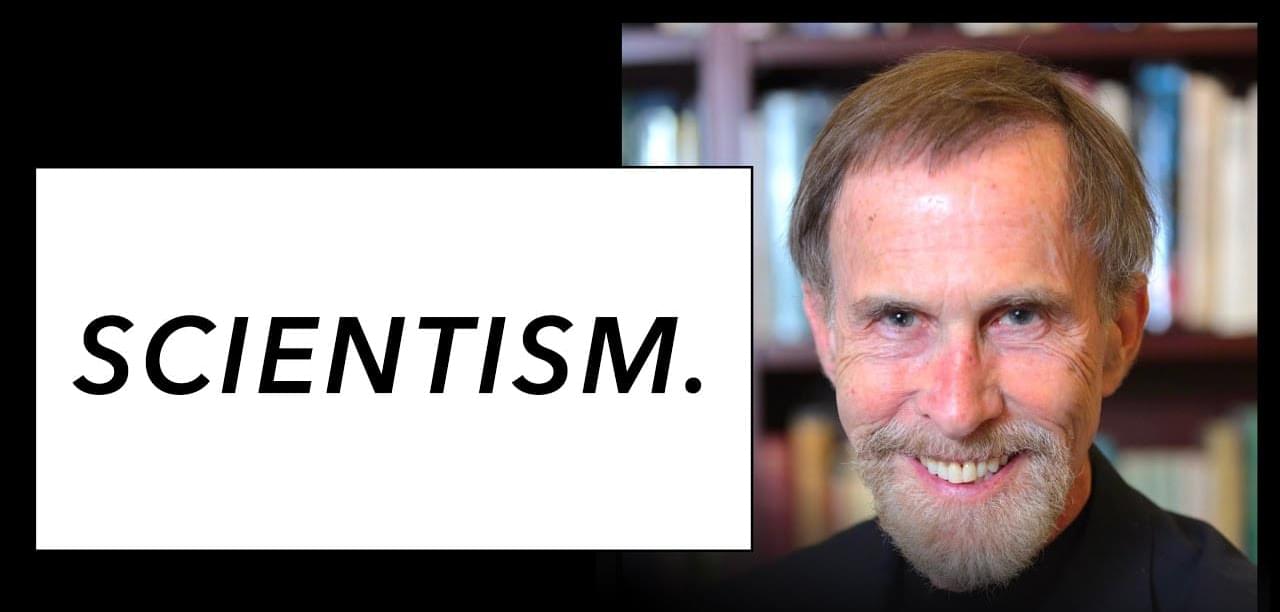Mar 1, 2024
Insomnia: Insomnia is a common sleep disorder
Posted by Shubham Ghosh Roy in category: neuroscience
Insomnia is a common sleep disorder. If you have it, you may have trouble falling asleep, staying asleep, or both. As a result, you may get too little sleep or have poor-quality sleep. You may not feel refreshed when you wake up.
What are the types of insomnia?
Insomnia can be acute (short-term) or chronic (ongoing). Acute insomnia is common. Common causes include stress at work, family pressures, or a traumatic event. It usually lasts for days or weeks.

